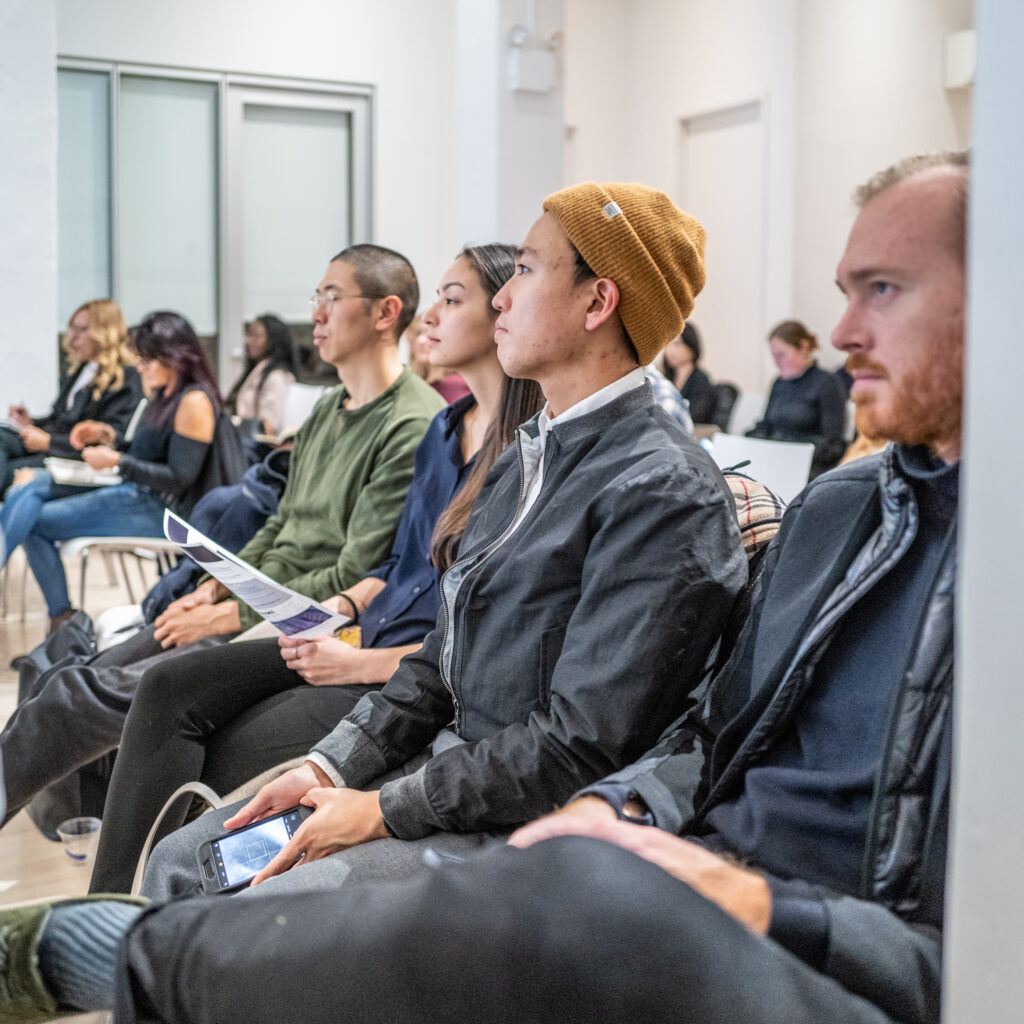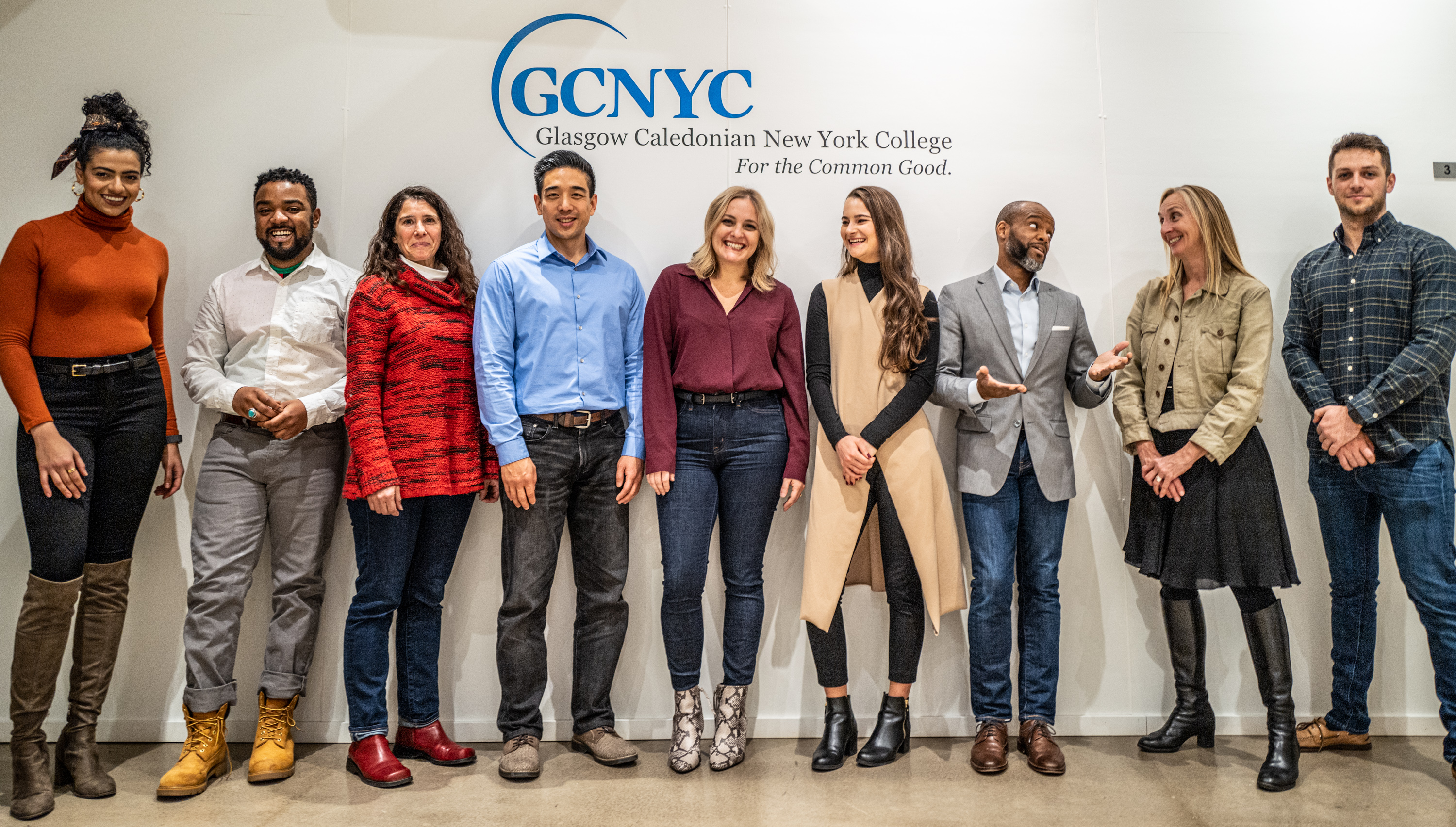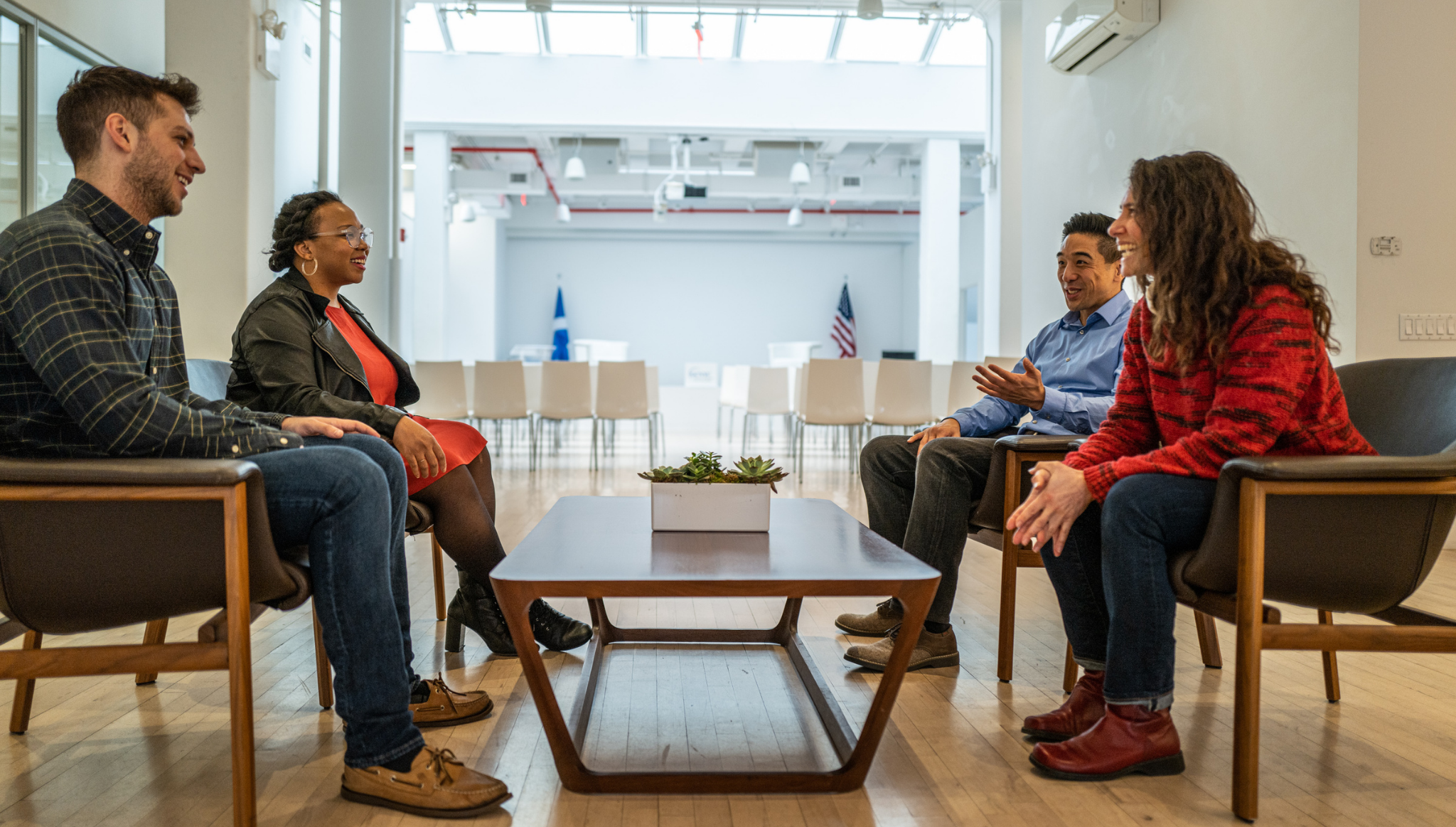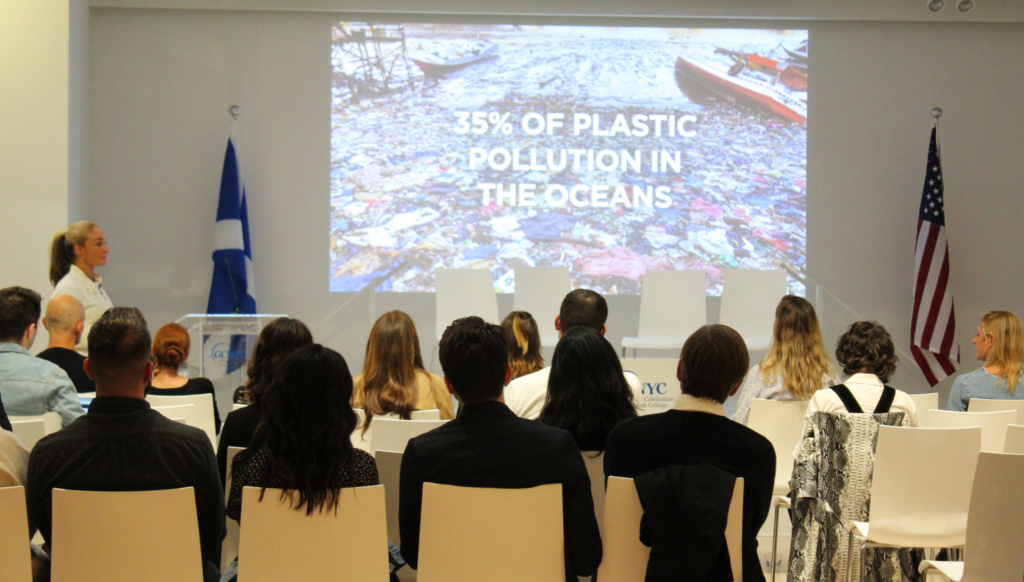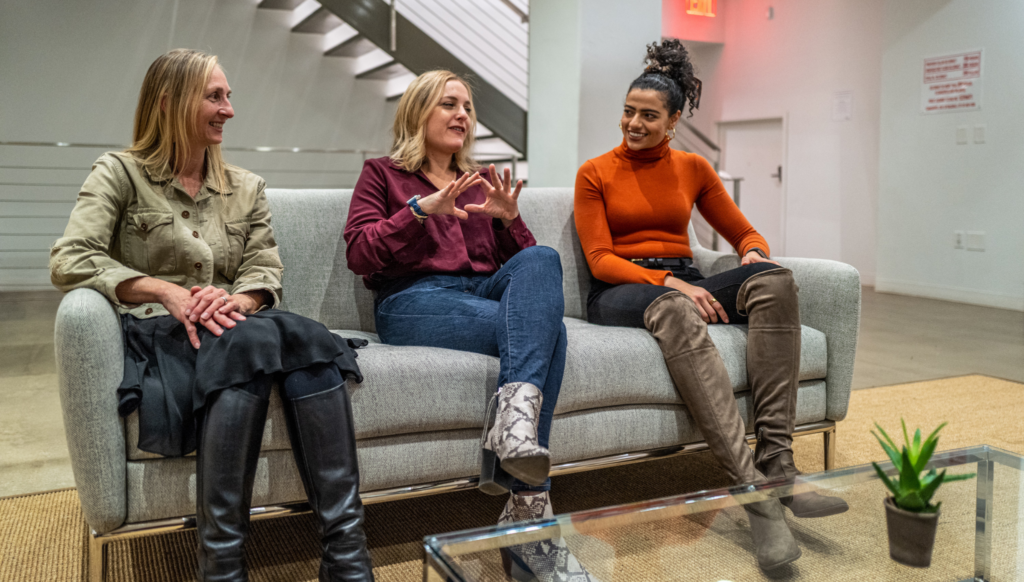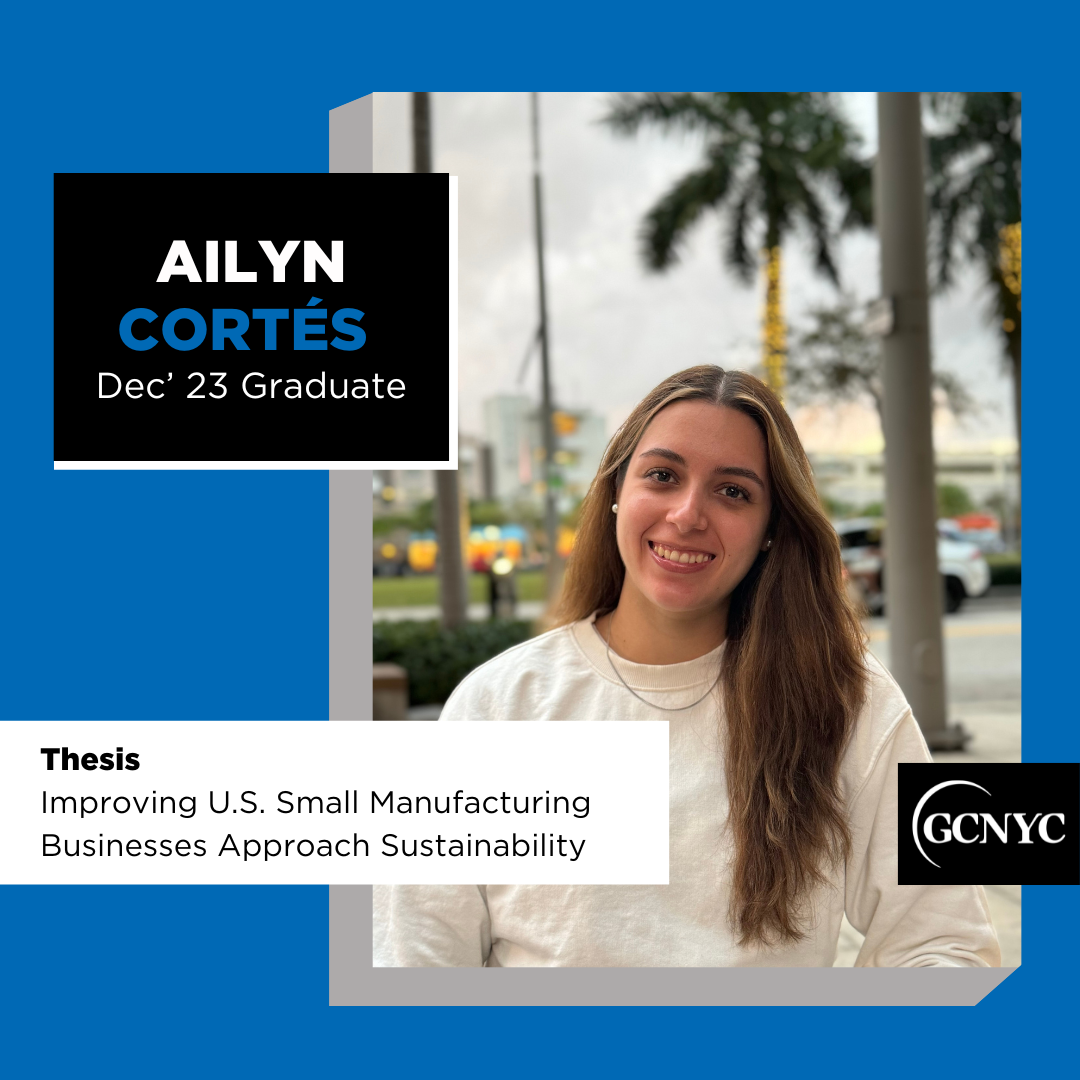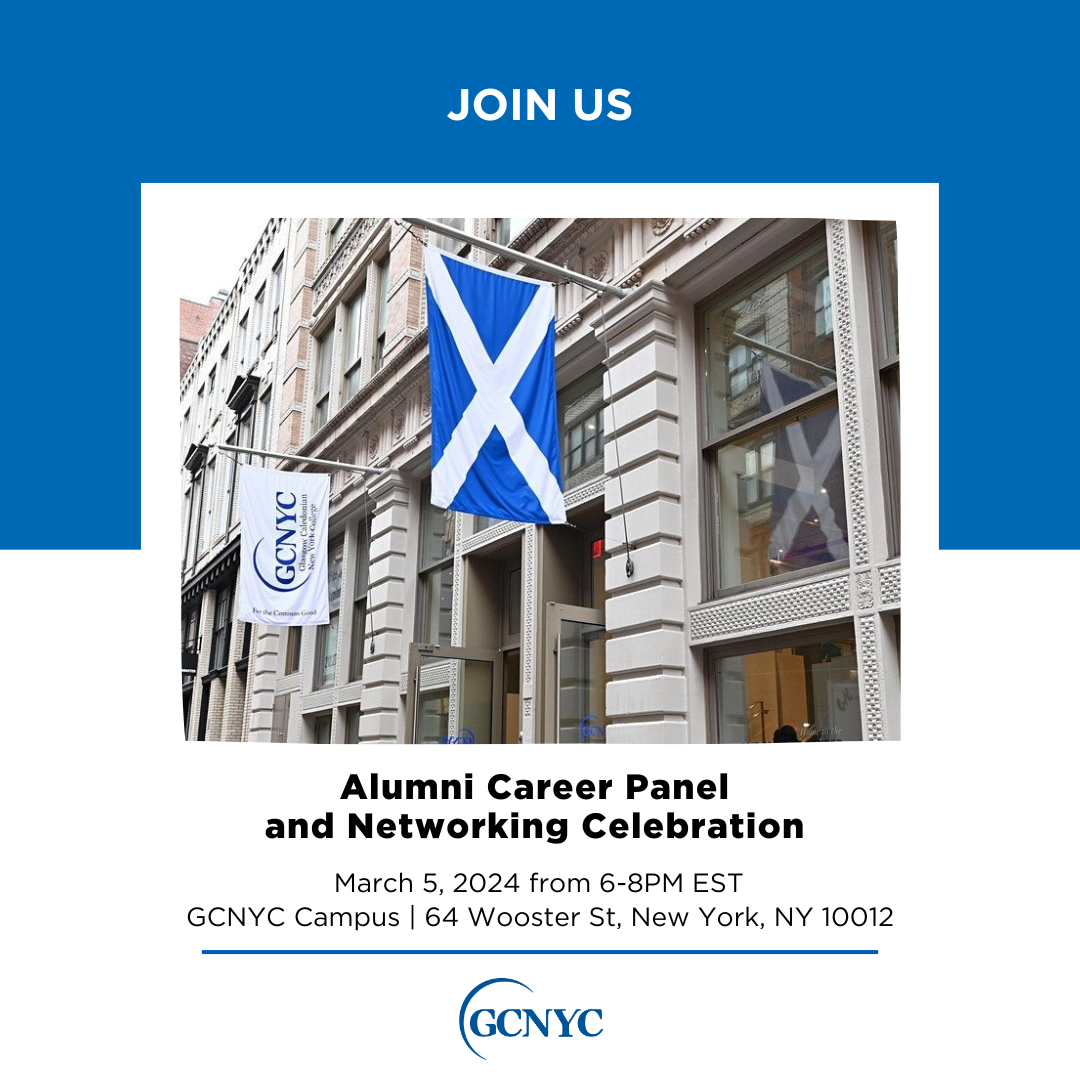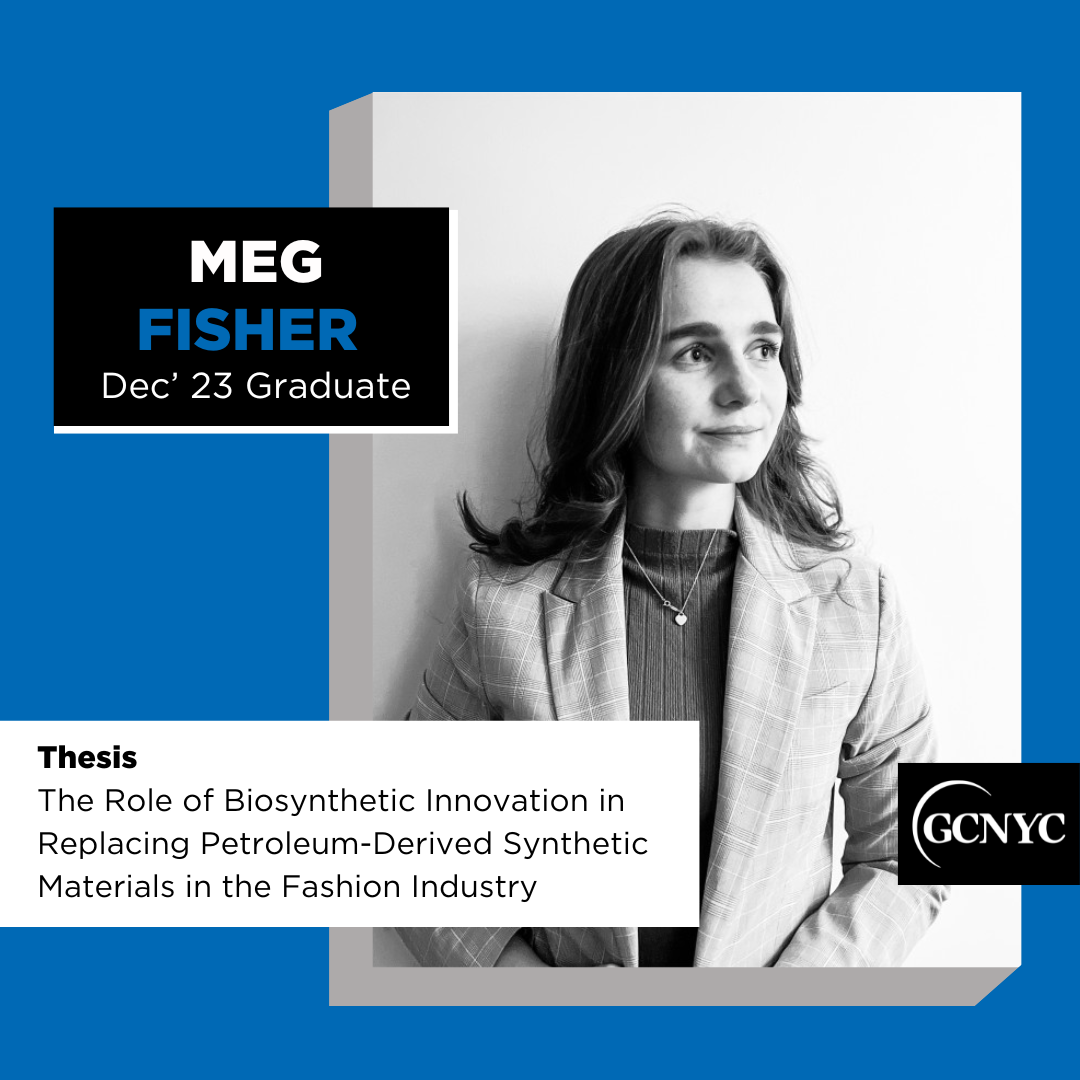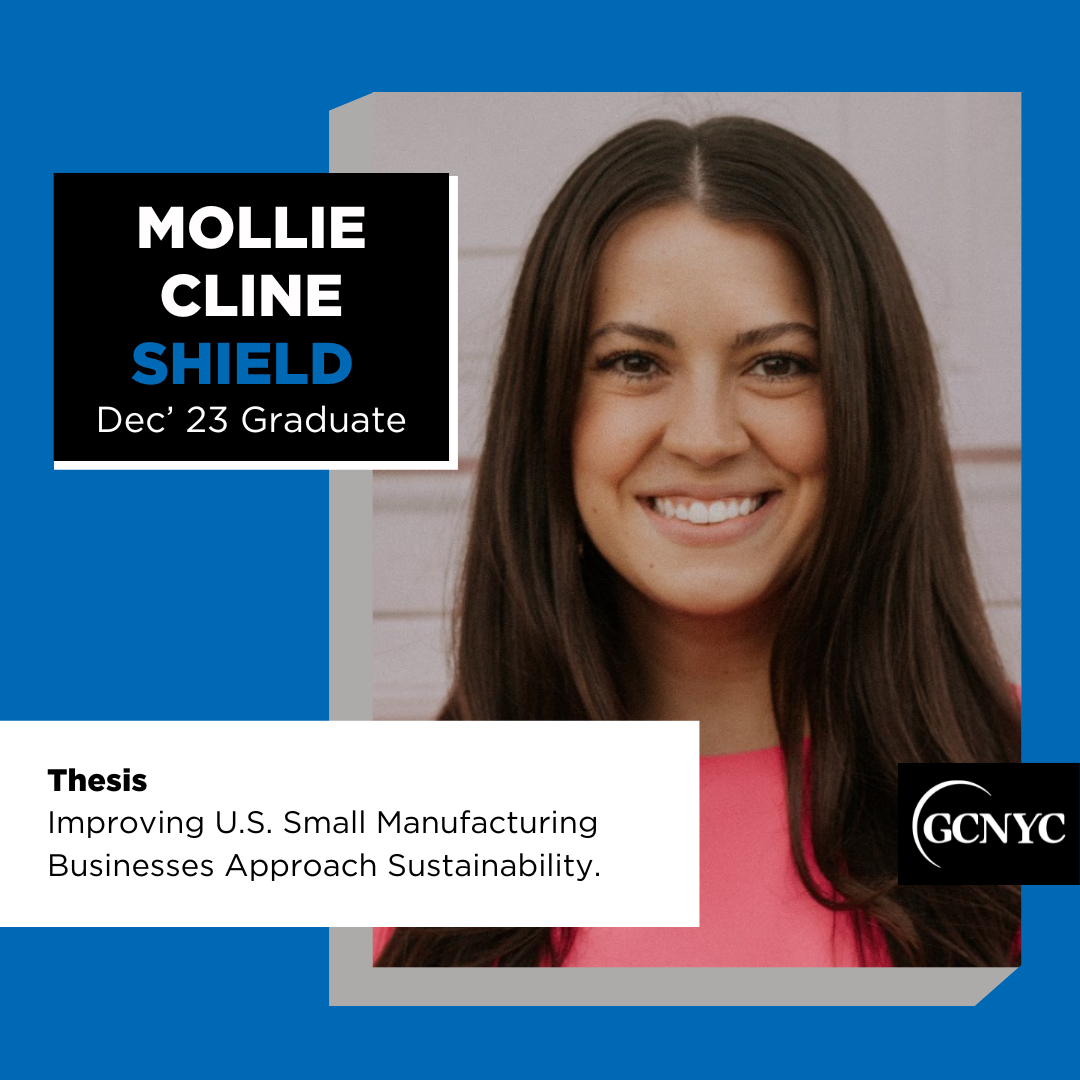BELIEVE IN A
BETTER WORLD
Congratulations to the 2023 GCNYC graduates!
Congratulations to the 2023 GCNYC graduates!
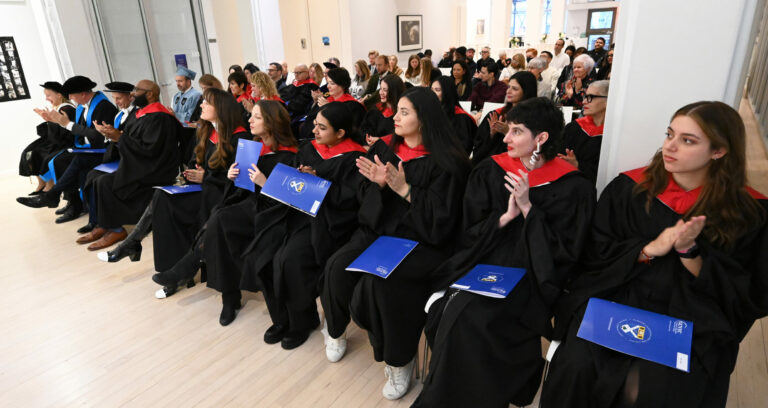
On December 16th, GCNYC celebrated the 2023 graduates of the M.S. in Business for Social Impact & Sustainability, Sustainable Fashion, and Risk, Resilience & Integrity Management. A special thank you goes to New York State Assemblymember Anna Kelles for delivering an inspirational commencement address, and we send a big congratulations to alumna Lorenza Wong who received the GCNYC Alumni Achievement Award.
GRAD PROGRAMS FOCUSED ON IMPACT, SUSTAINABILITY,
& EQUITY
You know the world can be more hopeful, more just, more sustainable. And so do we. GCNYC’s master’s programs equip you to drive positive change across industries.
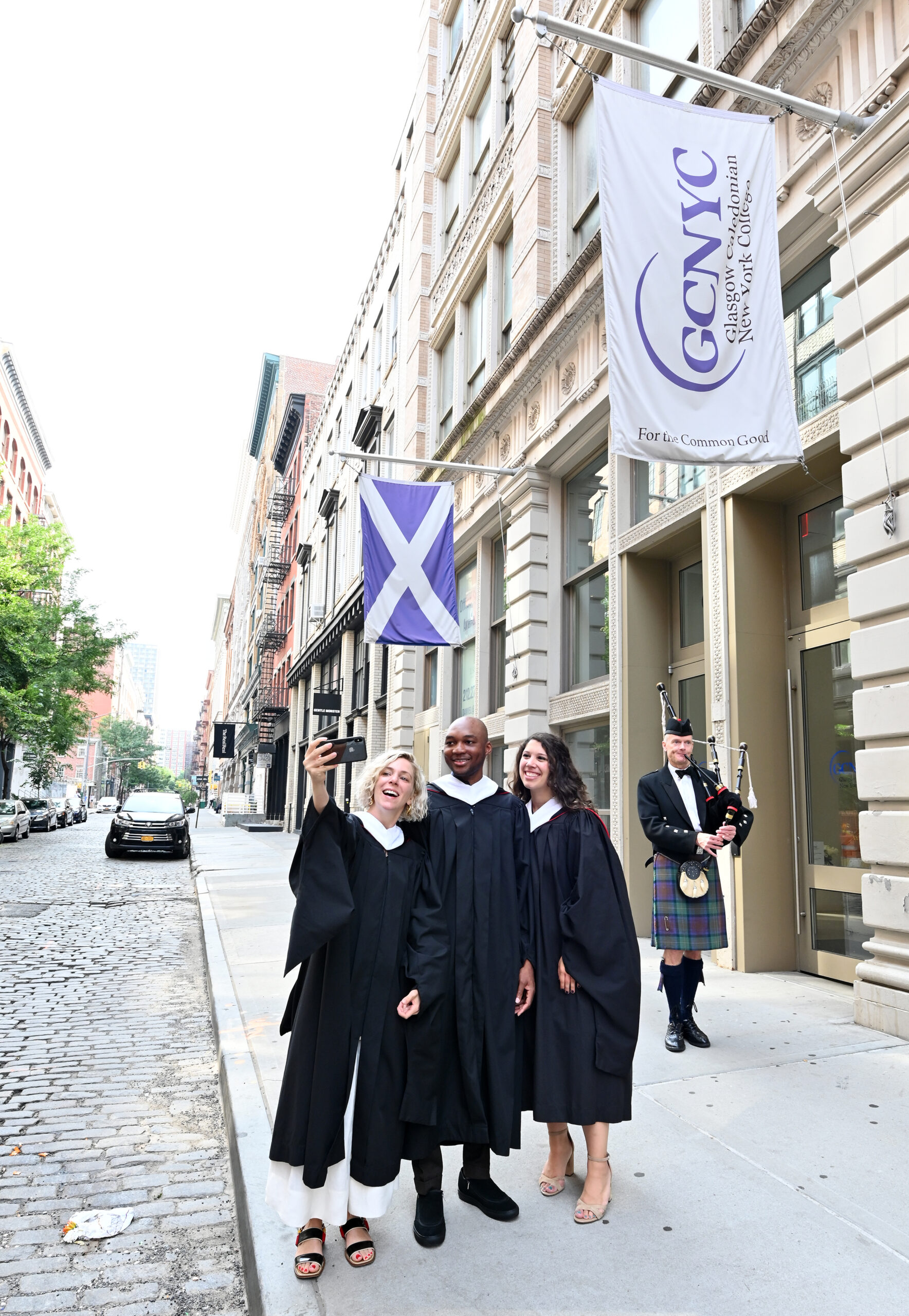
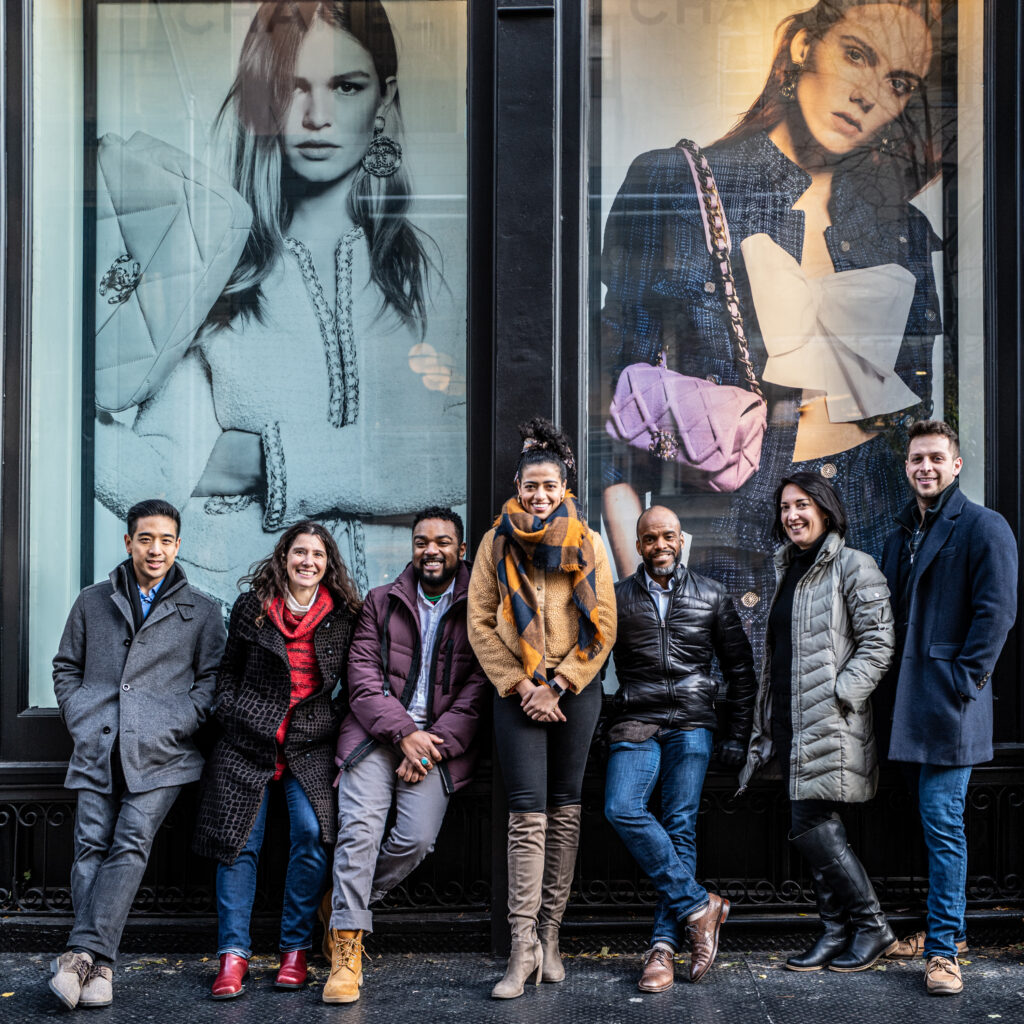
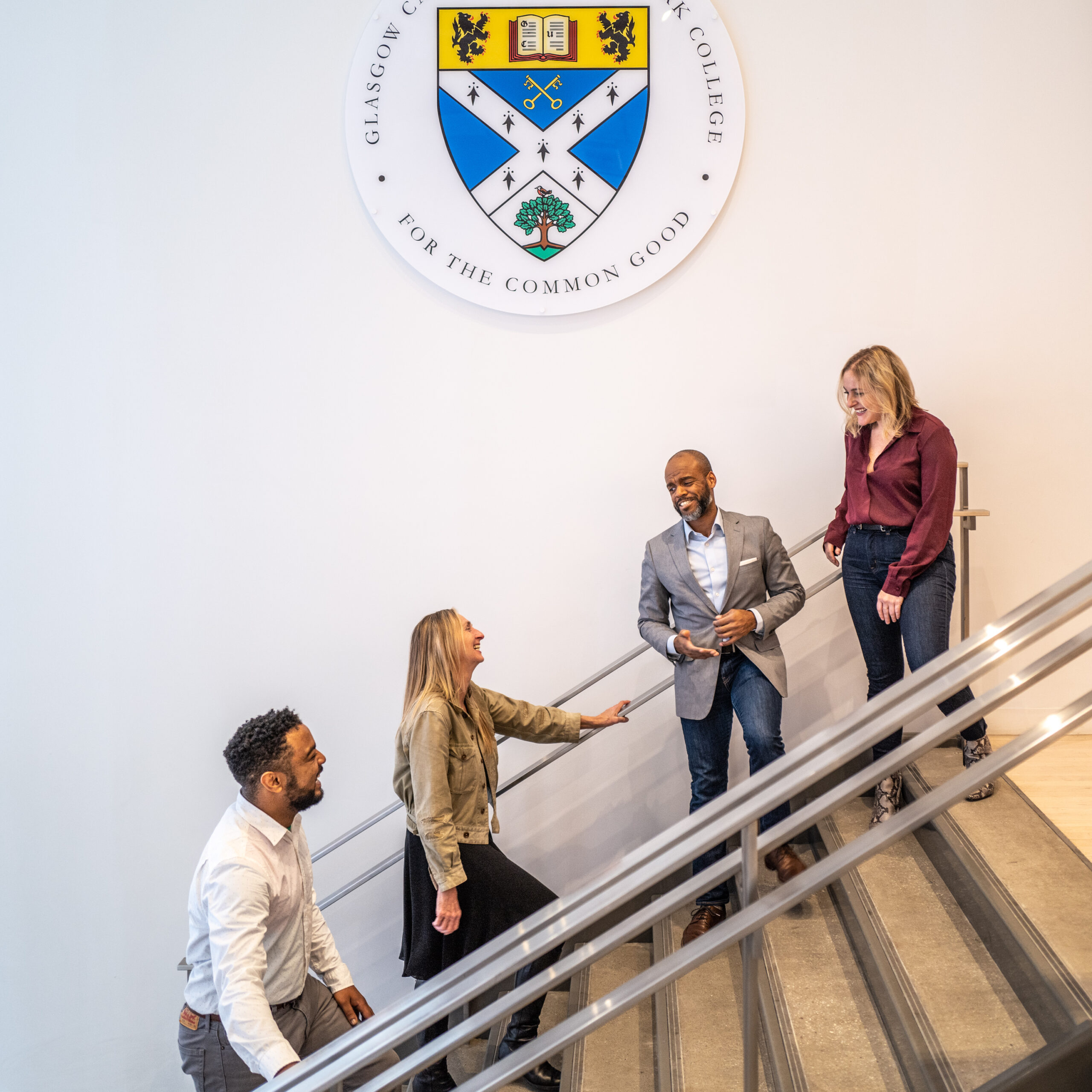
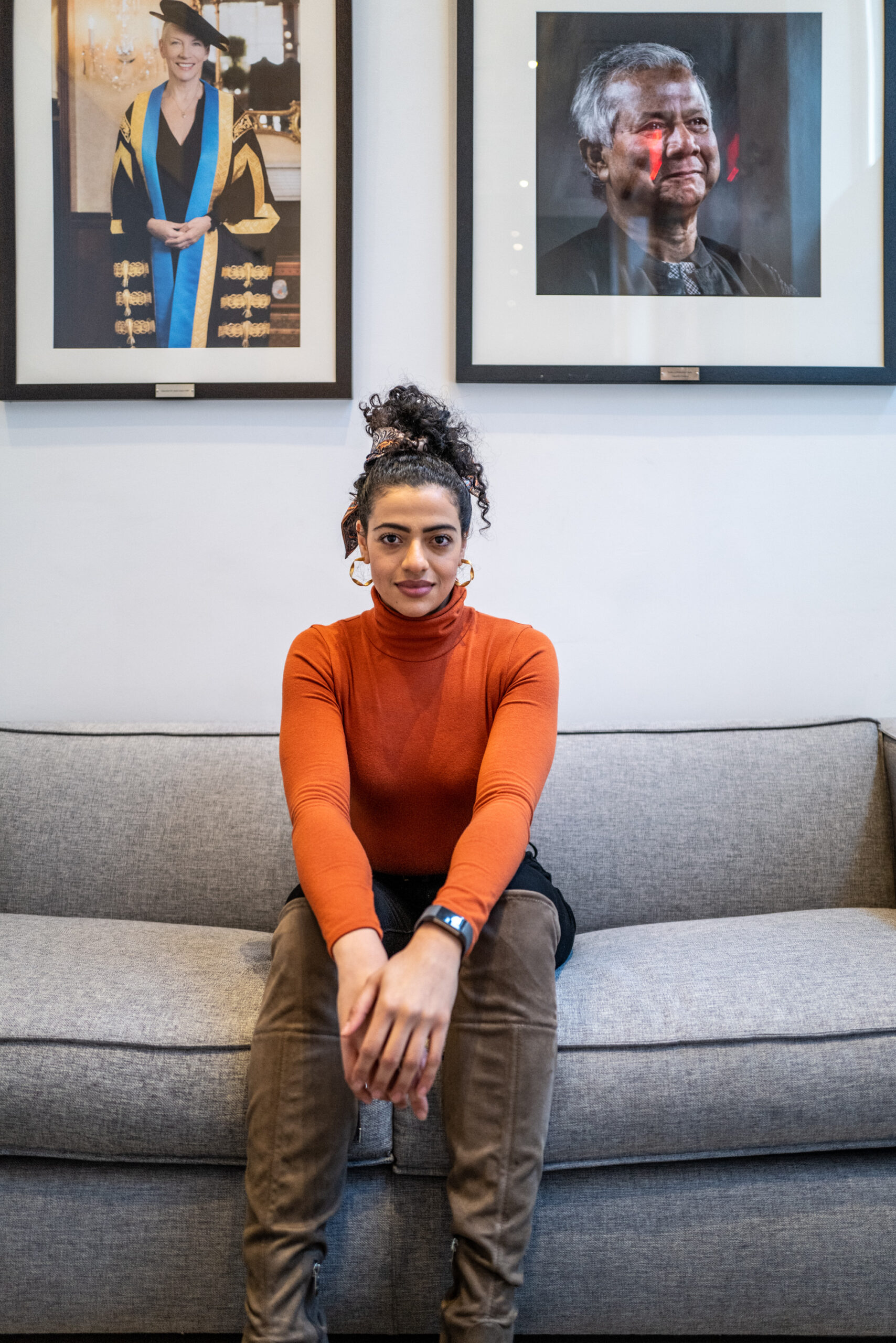
Apply to GCNYC
Why GCNYC

For the Common Good
We believe in driving real change, which is why GCNYC’s programs focus solely on sustainability and social impact.
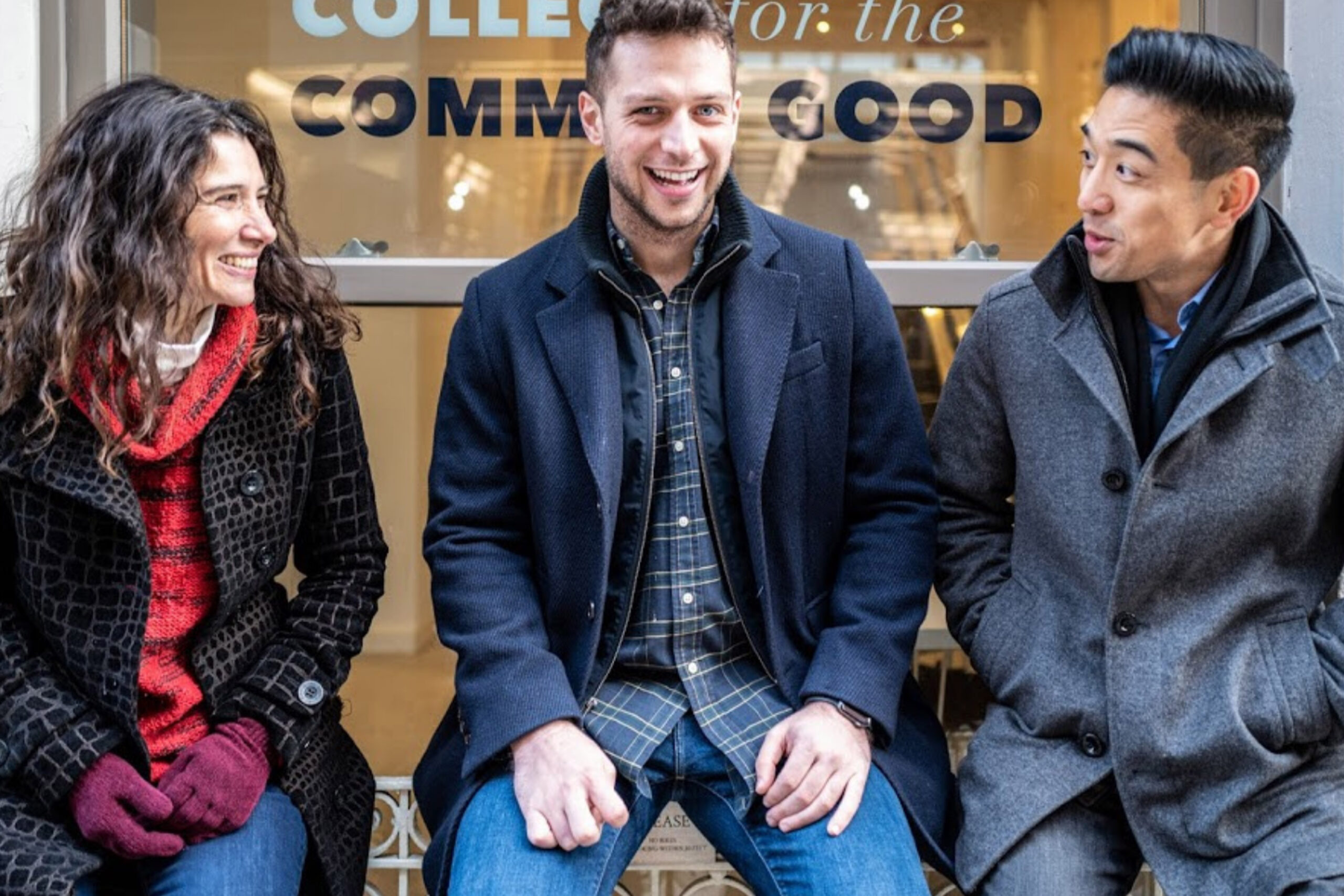
Close-knit Community

Global Network

Flexible & Accessible
Our programs are designed to be accessible to the busiest and most ambitious students. Choose from in-person, online, or hybrid schedules.

Financial Aid
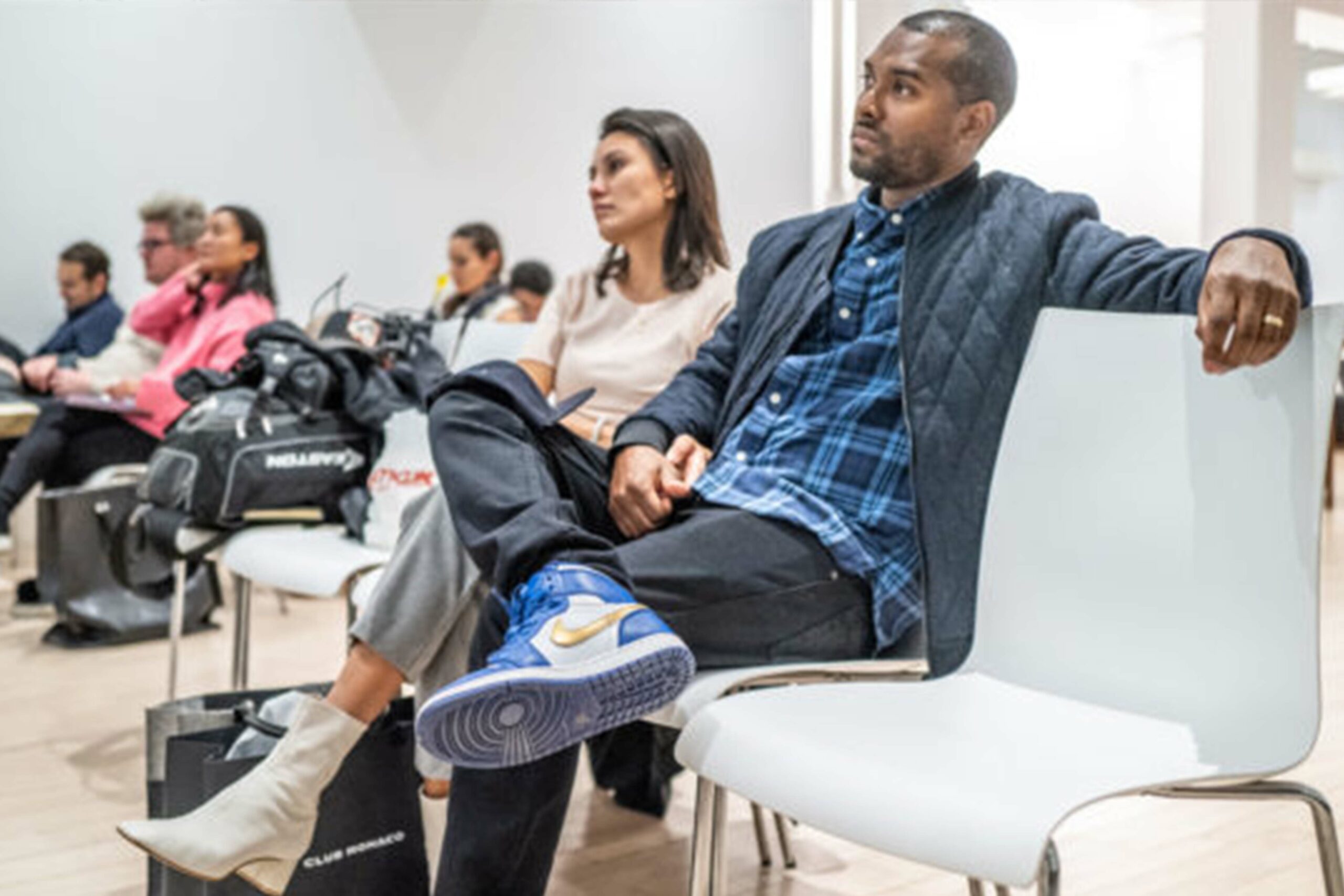
Intimate Class Sizes
Hear from GCNYC Alumni and Students
We made our programs convenient and affordable so they could be accessible to the busiest and most ambitious students. We’re cultivating a hard-working community that demands excellence from each other as we drive real change because we believe in a better world.






Life-changing Programs
